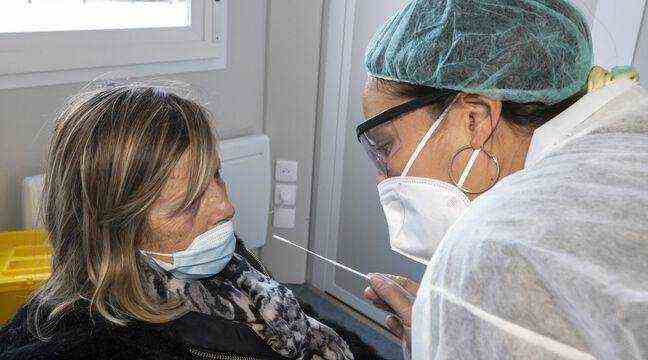The National Academy of Medicine warns Monday against making compulsory the isolation of people infected with the coronavirus, as provided by the government, believing that this could encourage “bypassing screening procedures”.
The draft law sent to the Council of State provides that “the communication (…) of the result of an examination (…) concluding that there is contamination by Covid-19” entails “by operation of law the placement measure and of isolation (…) for a period of ten days in the accommodation (…) declared during the examination ”, quotes the academy. This measure has been validated by the Council of State, on condition that the checks do not take place after 9 p.m., according to government sources.
This provision could “be badly accepted by our fellow citizens”
Today, for people on French territory, isolation is done “on a voluntary basis”, with “home health support by a nurse”, recalls the academy in a press release.
This device has only “low efficiency, a number of infected people not agreeing to submit to this constraint” and making it compulsory would therefore “have a beneficial effect in slowing down the transmission of Sars-CoV-2”, recognizes -it.
But the measure would require means to carry out “random checks carried out by the police or gendarmerie” and this provision could “be badly accepted by our fellow citizens”, argues the body.
Risk of circumvention of screening procedures
In addition, “the fear of having to undergo compulsory isolation under penalty of sanction would encourage many people to bypass screening procedures” leading to registration in the digital database Sidep, she adds.
Also, the Academy of Medicine recommends rather “to amplify the information on the principle of voluntary isolation and on the accommodation capacities of people who cannot isolate themselves at home” and “to encourage all those screened positive to self-isolate for ten days by reminding them of the risk of contamination to which they expose those around them ”.

